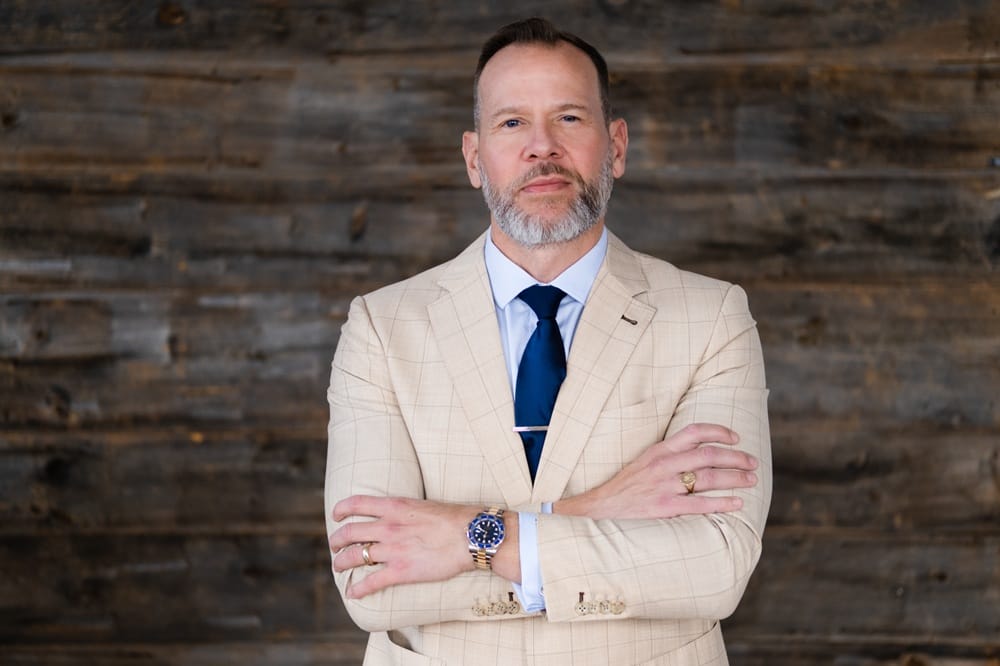
Most lawyers have a desk full of files, a calendar full of hearings, and a phone that doesn’t stop buzzing. Some navigate that noise by moving faster. Timothy Zerillo took a different route—he slowed down and listened.
The Sanborn case, for instance, became a watershed moment not just for the legal system in Maine but for those who watched the case unravel with disbelief.
Zerillo wasn’t interested in theatrics. He wasn’t on some crusade to “rescue” the wrongfully convicted. He was doing what good lawyers are supposed to do: asking questions that others didn’t.
What if the witnesses weren’t reliable? What if key evidence had been hidden? What if the system had failed, quietly and completely?
He didn’t demand an answer in a press conference. He sought it slowly—in transcripts, in testimonies, in tired pages of old files. He pulled at threads, and eventually, the whole story began to show itself.
Not Just Criminal Law—But Human Law
To say Zerillo is a criminal defense attorney is accurate. It’s also incomplete.
He’s taken on jails. He’s challenged institutions. He’s asked why someone’s son didn’t receive medical attention when he called for help from a cell. And he did so not to make noise, but to make sense of things that often don’t.
His clients don’t come to him because they want a show. They come because they want someone who won’t flinch when the details get ugly. And in case after case, he hasn’t.
Justice Delayed Is Still Injustice
He didn’t shout. He didn’t shame. He simply reminded the system that it had forgotten the presumption of innocence.
It wasn’t about politics. It wasn’t even about policy. It was about fairness. That old word that gets tossed around in opening statements and dismissed in closing arguments. For Zerillo, it still means something.
He’s Not Selling a Brand
These days, lawyers market themselves like startups. Podcasts, Twitter threads, newsletters. Zerillo? He doesn’t need a slogan. His reputation does the talking.
Walk into his office and you’ll find case files, not content calendars. His day is built around preparation, not promotion. He reads. He calls. He listens. He doesn’t outsource empathy.
Clients talk about the calls at 9 p.m. The patient explanations. The unhurried conversations. That sense that their case, no matter how small on paper, is the only one that matters in that moment.
You can’t teach that. And you certainly can’t fake it.
There’s No Formula for This
Ask him how he prepares for trial and you won’t get a neat answer. Because every case is different. Every defendant is different. Every family is carrying something unique.
What he will tell you is this: start with the facts. Then move to the people. Then double back.
That’s not something you’ll find in a legal textbook. But it works. Not because it guarantees a win. But because it guarantees the client is truly seen, not just represented.
What Clients Remember
It’s not always the verdicts. It’s the tone in his voice when he explains something for the third time. It’s the way he talks to jurors like human beings, not chess pieces. It’s the absence of ego.
One client, years after their trial, reportedly told a colleague: “He made me feel like I wasn’t crazy. Like I wasn’t a lost cause.” That’s not strategy. That’s just who he is.
Looking Ahead, Without Looking Away
Zerillo’s not finished. The legal system, for all its complexity, still stumbles in familiar places. Racial bias. Overcrowded prisons. Unequal representation. He’s under no illusion that he alone can fix it.
But he’ll keep showing up. Case by case. Motion by motion.
He’s not chasing legacy. He’s chasing fairness. And when fairness proves elusive—as it often does—he stays in the room anyway.
Because in the end, the law isn’t just about outcomes. It’s about presence. And Timothy Zerillo has always known how to be present where it matters most.


